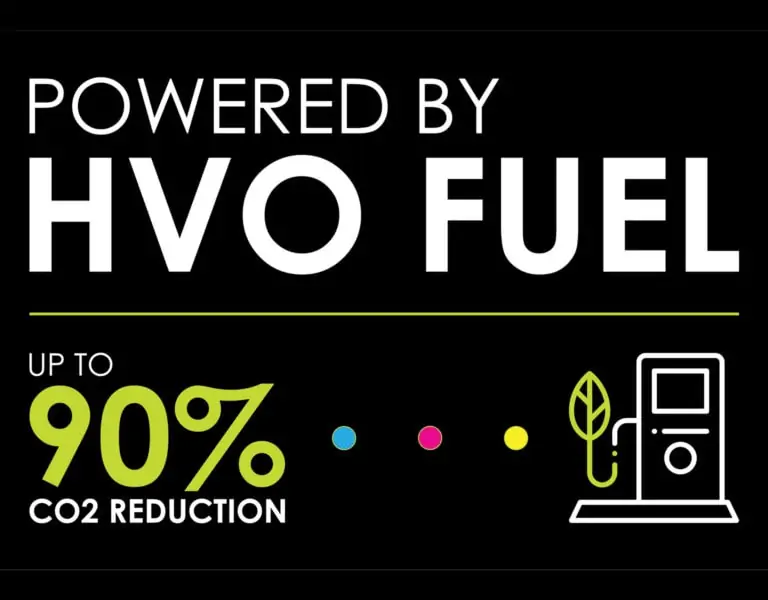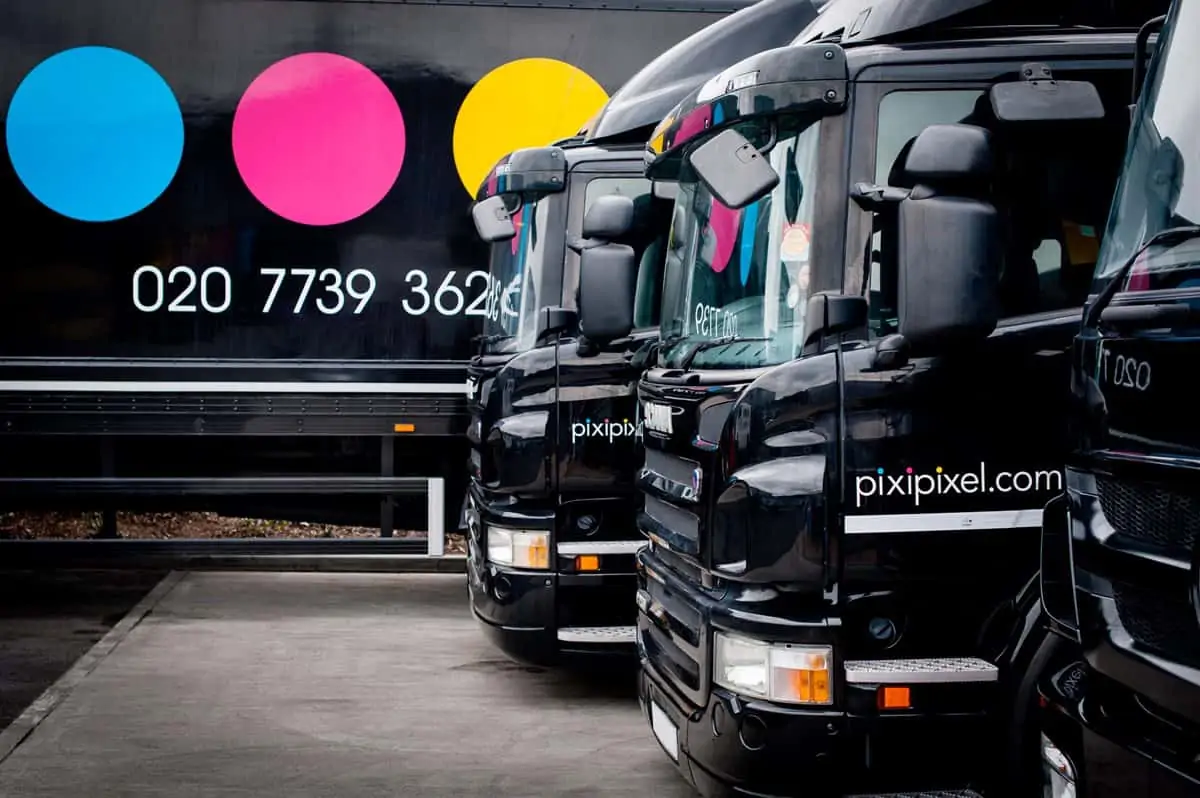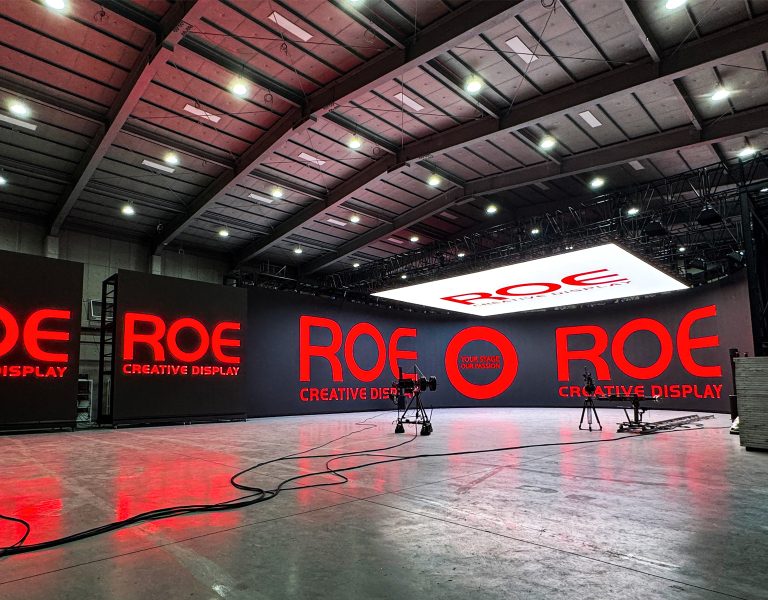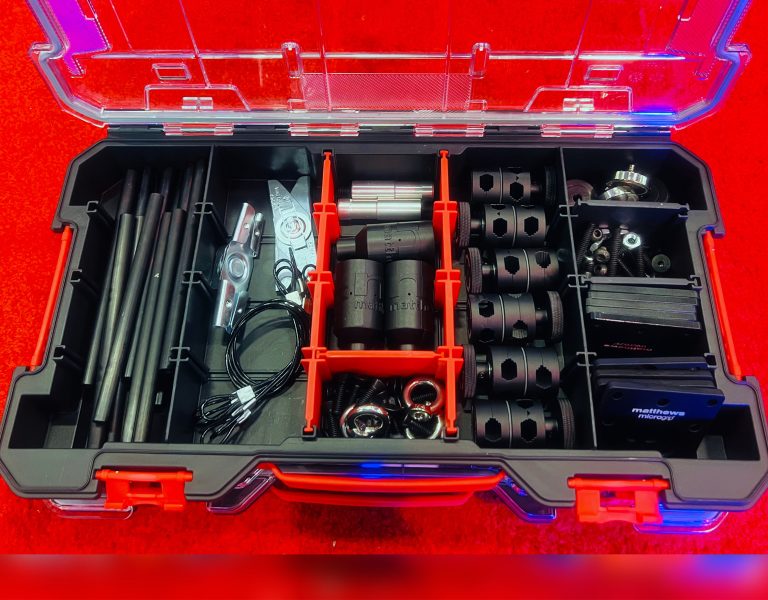![]()
Pixipixel made significant strides in reducing greenhouse gas emissions in the past year. By adopting Hydrotreated Vegetable Oil (HVO) as a primary fuel source, the camera and lighting rental house has successfully slashed a staggering 130 tonnes of emissions.
Pixipixel upgraded its transport and generator fleets to run on vegetable oil in autumn 2021 to reduce its operations’ environmental impact. A year later, the business decided to look at the progress since the start of the initiative and now shares a comprehensive report on the impacts of its conversion to HVO fuel.
Authored by Roxy Erickson, Sustainability Consultant and Alex Lewis-Jones, sustainable transport specialist, both from Creative Zero, the report explores Pixipixel’s fuel procurement for the period 2021-2022 and evaluates the climate impact from this diesel to HVO transition. The results show a remarkable 87% reduction in Pixipixel’s overall fuel-related carbon footprint from 2021 to 2022.
Through the adoption of HVO, achieved rapid and impactful results. More importantly, this transition benefited production companies using Pixipixel’s services by reducing the emissions of the fuel sent out in generators and by reducing the shared emissions of their transportation to set.
When hiring the generators out as part of a lighting equipment rental package to film and television productions, Pixipixel sends these out with a full tank of HVO. Then productions refuel as needed and as part of the contract, the clients are required to re-fuel only with HVO fuel.
Pixipixel, Creative Zero and HVO supplier OnBio also carefully reviewed the HVO’s origins, confirming all HVO delivered to the rental across the two years has received A rating certification from the Zemo Partnership.
Roxy Erickson, Director of Creative Zero and Co-Author of The Fuel Project, Supplier Guidance Report says:
“It’s worth noting, that wanting to do the least harm possible while switching to HVO is a principled effort and best practice, but that this level of critique and thought is not put into the origin of fossil fuels and the damage created in the ecosystems and communities where it is sourced much less the global damage and conflicts caused. Perfect should not stall the shift to significantly better.
Pixipixel has made an exciting shift to low-emission work practices at no small expense. Between 100% renewable electricity in their facilities to HVO in their transport and generators, this is what holistic company decarbonisation looks like.”
“We’re excited to see such massive reductions in our emissions since the conversion to HVO fuel. With our ‘Net Zero by 2030’ target, our work in this area is not done, and we’re constantly exploring possible solutions to lower our impact on the planet” says Managing Director, Steve Knight.
The full report is available to read online at pixipixel.com/sustainability.










